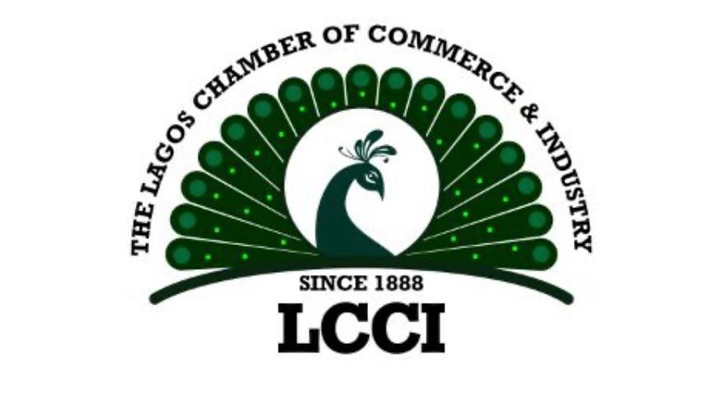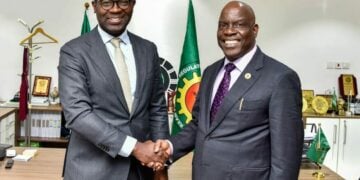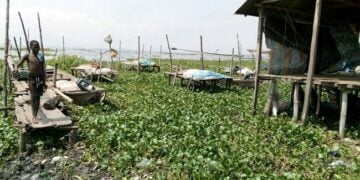The Lagos Chamber of Commerce and Industry (LCCI) has emphasised the need for a deliberate and coordinated effort to unlock Nigeria’s economic potential.
The president of LCCI, Gabriel Idahosa stated this at the Chamber Mid-Year 2025 Economic Review.
Idahosa highlighted that, “despite the challenges we face, Nigeria holds significant economic promise. Our youthful population, rich natural resources, entrepreneurial spirit, and strategic location position us uniquely to emerge as a regional leader in innovation, manufacturing, and agribusiness.”
Idahosa emphasised that the digital economy presents tremendous opportunities, particularly in health tech, education, logistics, and financial services.
He also noted that the African Continental Free Trade Area (AfCFTA) offers valuable prospects for regional trade expansion, integration of value chains, and enhanced industrialisation.
He added that, “investing in climate-smart initiatives and green financing offers pathways to sustainable economic growth. To unlock this potential, we need a concerted effort. It is essential to enhance broadband infrastructure, prioritize vocational training, nurture domestic manufacturing, and foster innovation hubs across the nation.
“Additionally, developing local content, engaging with the diaspora, and implementing targeted investment strategies are crucial. The government should take on the role of a facilitator, enabling the success of businesses rather than competing with them.”
Going into the second half of 2025, Idahosa encouraged a mindset of renewed determination, strategic focus, and collaboration, saying that “transforming Nigeria’s economy requires a united effort. All stakeholders; government, businesses, civil society, and development partners must work together towards shared objectives.”
He called for a shift from policy discussions to actionable implementation, from fragmented initiatives to cohesive strategies, and from reactive measures to long-term planning.
During a discussion on “Implementation of the New Tax Laws: Impact on the Economy,” chairman of the Presidential Fiscal Policy and Tax Reforms Committee, Taiwo Oyedele noted that, while Nigeria’s fiscal environment is constrained, there are opportunities to reform the tax system to foster sustained growth.
Founder and chief consultant of B. Adedipe Associates Limited, Dr. Biodun Adedipe, shared insights into the economy’s performance from 2013 to 2024, highlighting steady growth while acknowledging vulnerabilities to external factors like oil market fluctuations and the need for a diversified economy.
Looking ahead, Adedipe expressed optimism about local oil refining becoming more robust, the revival of manufacturing, and growing interest in non-oil exports.
He noted that improvements in infrastructure could lead to reduced business costs and enhanced competitiveness, encouraging long-lasting reforms that may cut economic inefficiencies.
He advocated disciplined fiscal management, particularly in expenditure reviews, aiming to decrease the informal sector’s contribution to GDP over a decade as seen in many East Asian nations.
He proposed leveraging over 22,000 registered cooperatives in the country to implement social and business initiatives, targeting the eradication of extreme poverty within 12 to 15 years by fostering opportunity-based entrepreneurship, capacity building, and job creation





